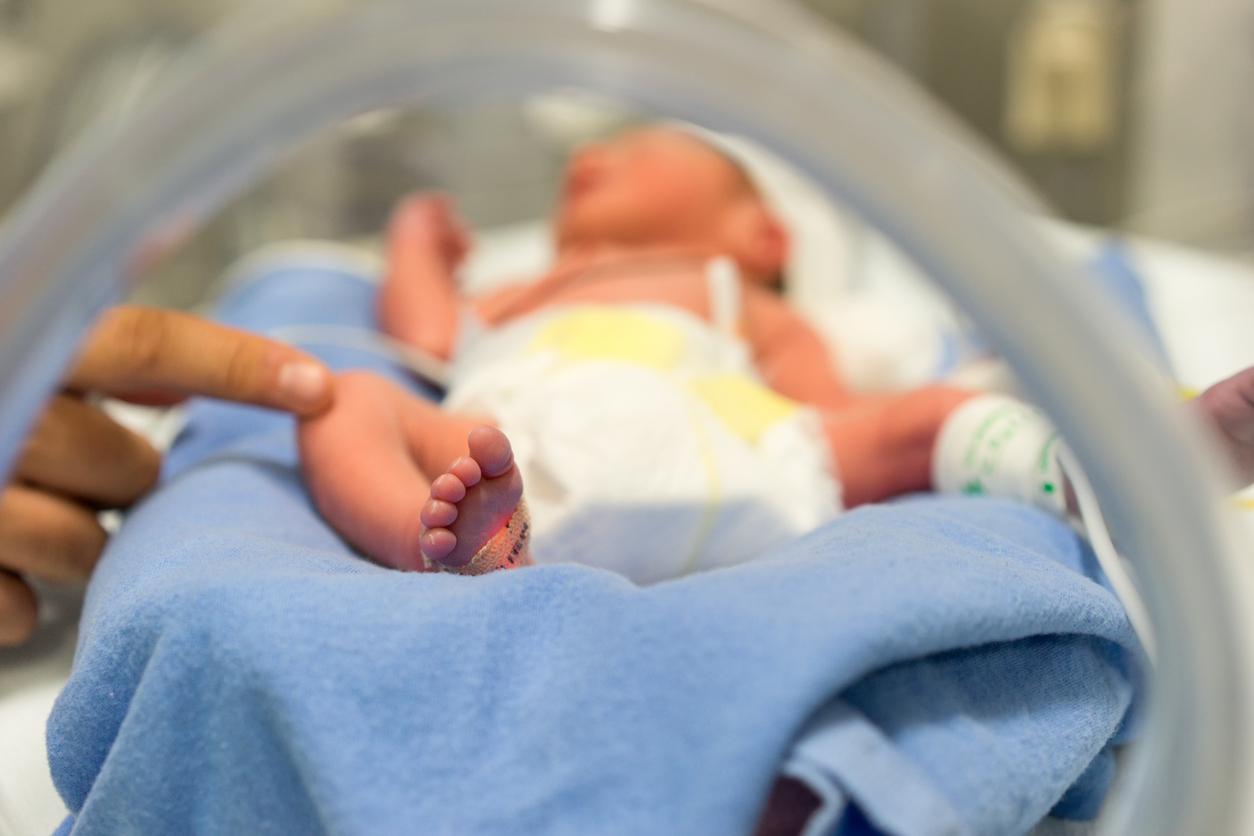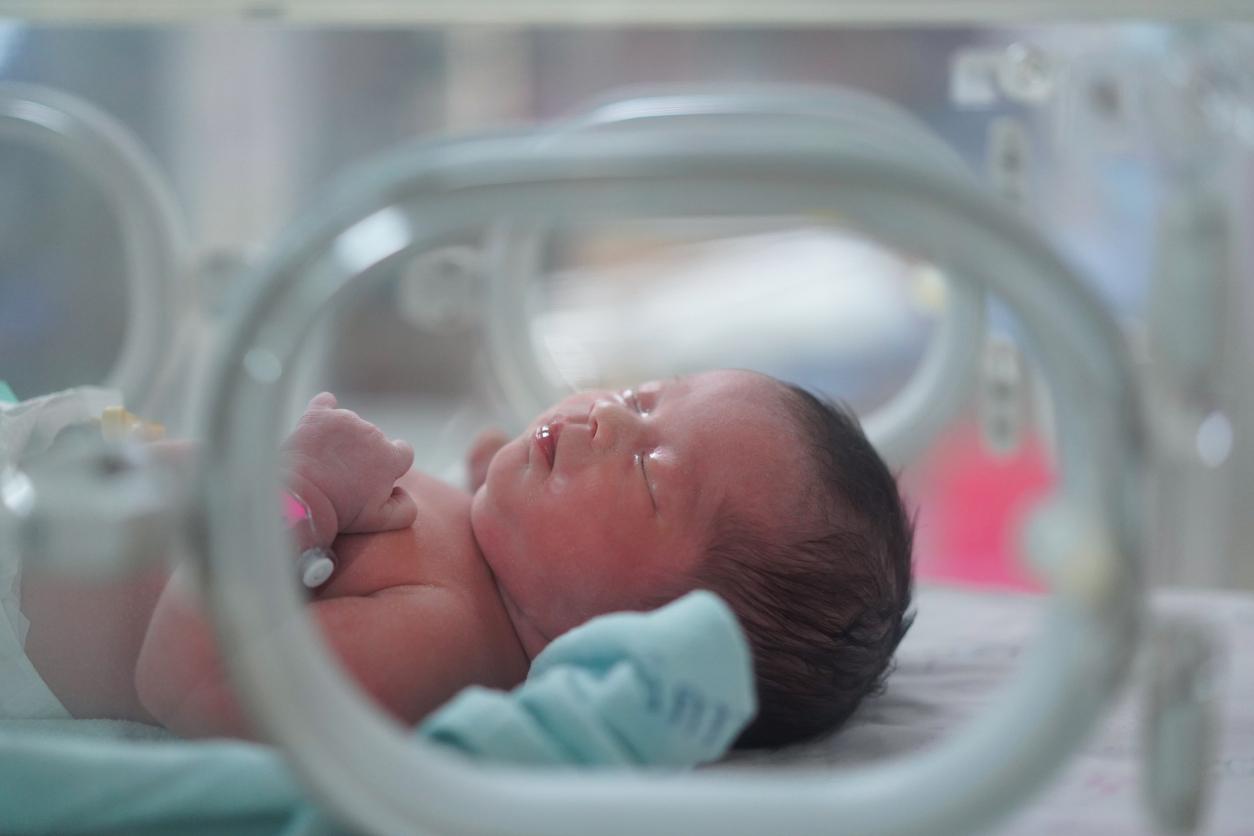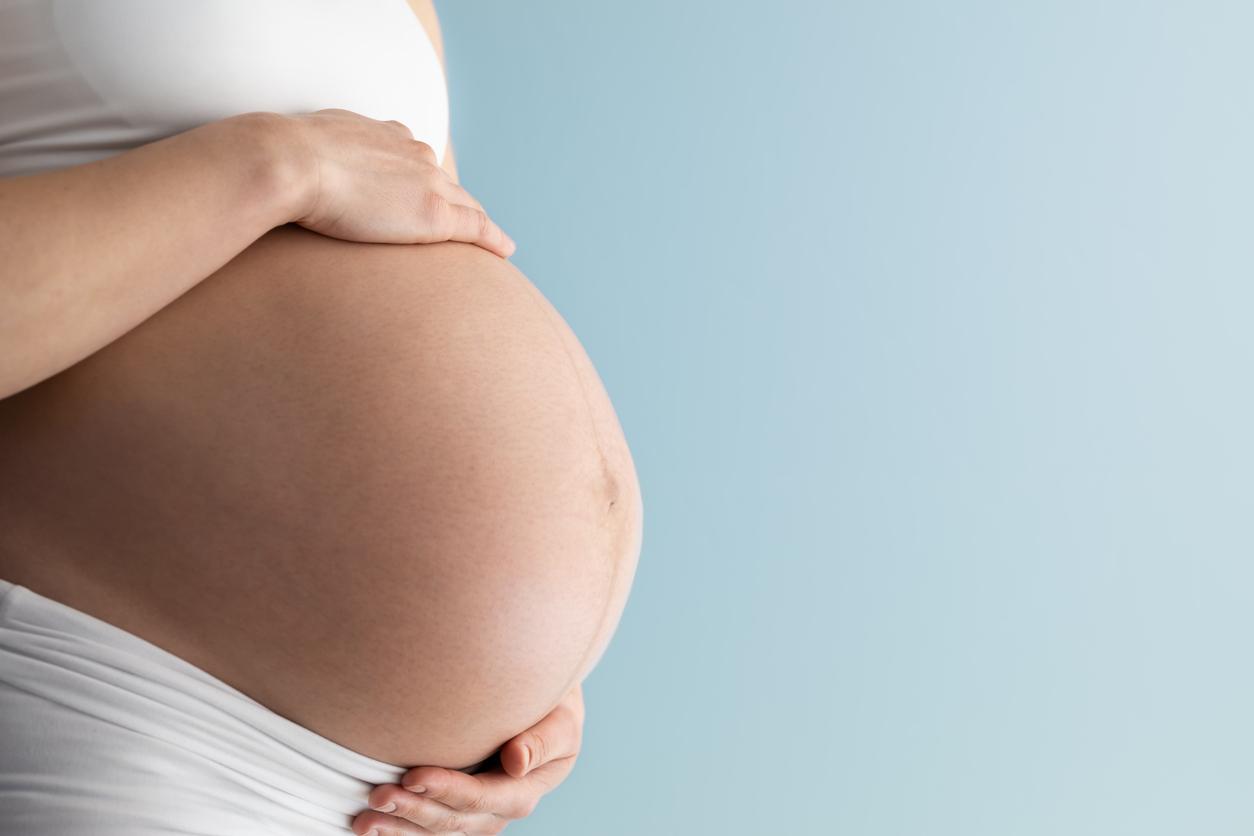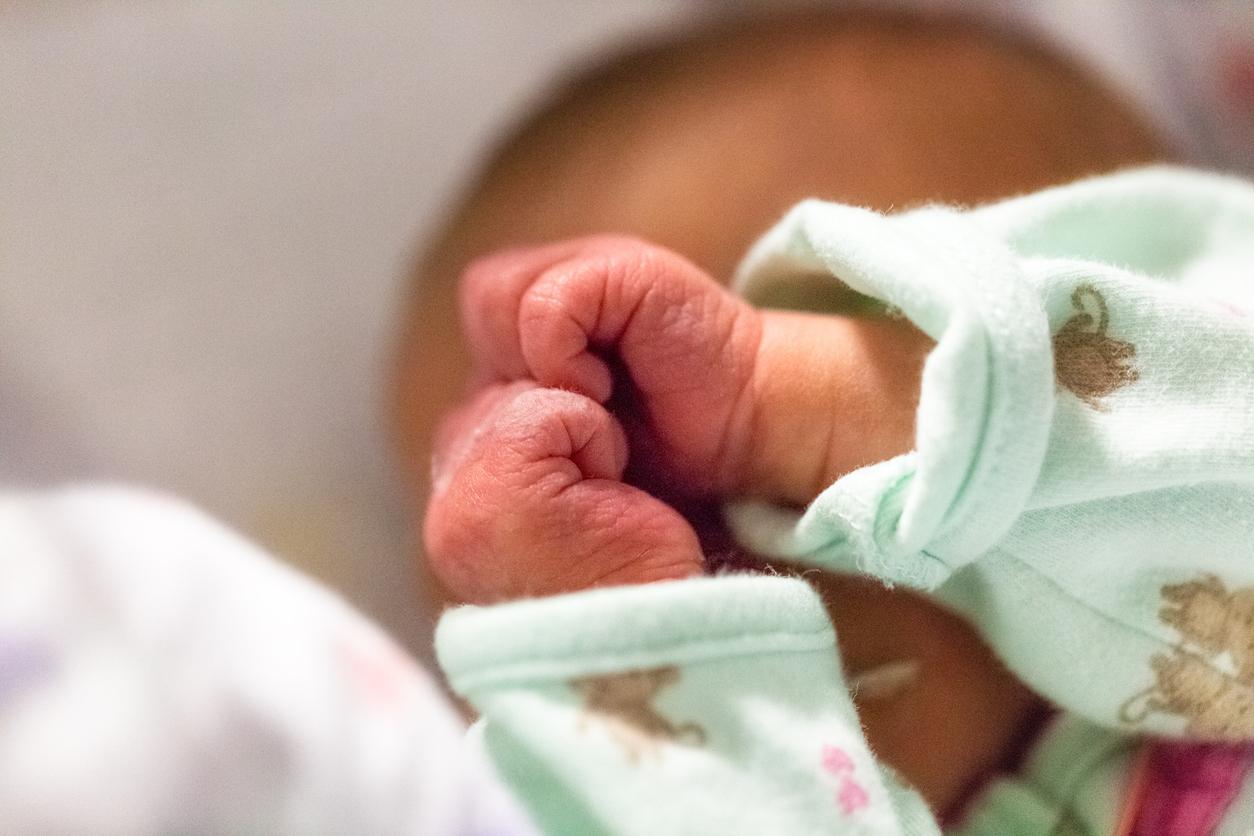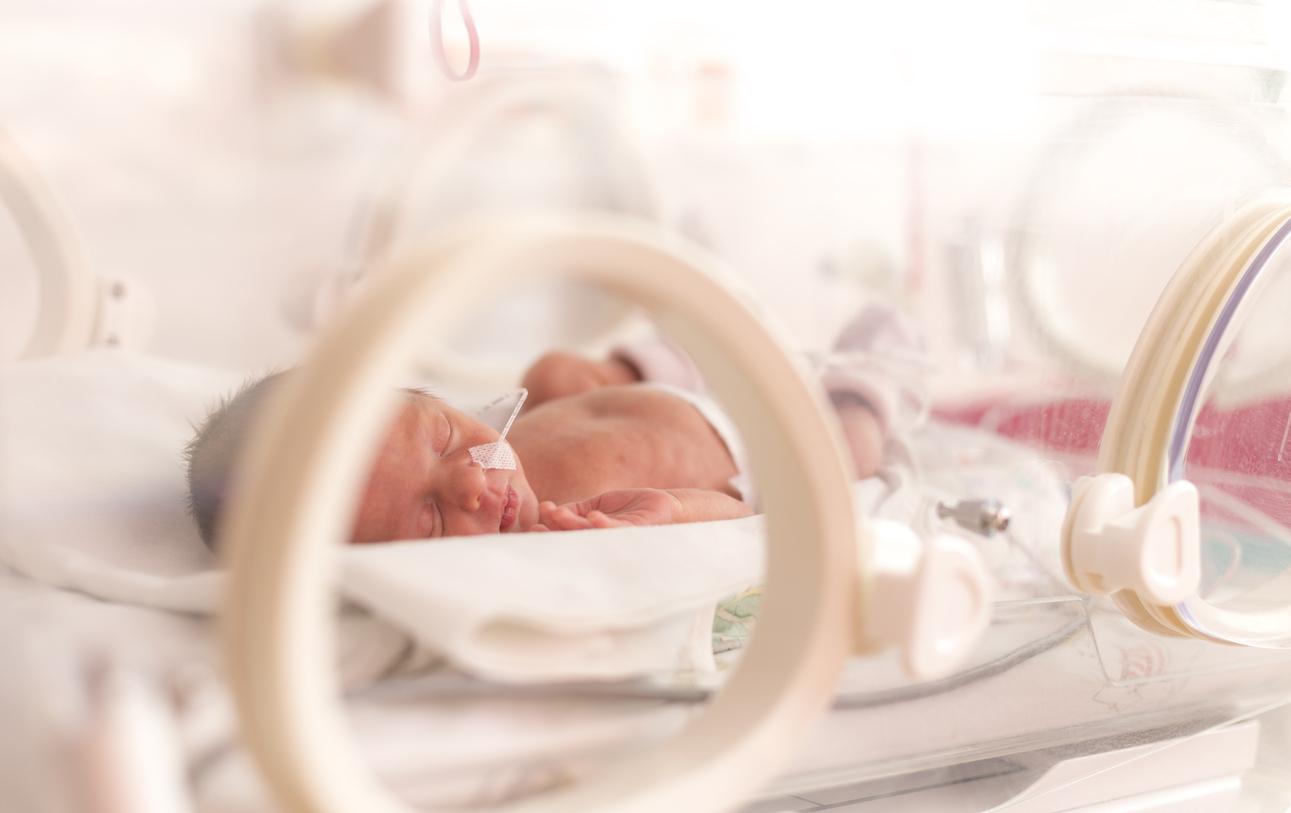Children born before 40 weeks gestation have a higher risk of childhood hospitalization than those born at term, a new study finds.

- Extremely premature infants are six times more likely to be hospitalized during infancy than full-term infants.
- This risk of hospitalization decreases with age, but remains present until the age of 10 years.
- It does not only concern very premature babies: children born between 37 and 39 weeks of gestation also have a greater risk of being hospitalized during childhood.
In France, it is estimated that a baby is born prematurely every 8 minutes, which represents nearly 8% of births each year. These premature births, i.e. those occurring before 37 weeks of amenorrhea (SA) or 8 months of pregnancy, are always subject to special monitoring by doctors, especially in the first year of life. .
According to a new British study published in the British Medical Journal, this health risk for preterm infants actually persists throughout childhood, although the risk decreases as children get older. This risk concerns all children born prematurely, even those born at 38 and 39 weeks of gestation (36 and 37 weeks of amenorrhea), which represents many potentially vulnerable children, according to the researchers.
More than a million premature babies followed
Previous research had already shown that premature births are a major factor in poor health in children. To better understand the causes, researchers set out to examine the link between gestational age at birth and hospital admissions up to age 10, as well as how rates of admission change throughout childhood.
For this, they based themselves on data from more than one million children born in NHS hospitals in England between January 1, 2005 and December 31, 2006. The children were followed from their birth until the 31 March 2015, i.e. an average of 9.2 years per child.
During this period, the researchers recorded the number of hospital admissions. They identified 1.3 million, of which 831,729 (63%) were emergency admissions. Just over half (525,039) of the children were admitted to hospital at least once during the study period.
After controlling for other potentially influential risk factors, the researchers found that childhood hospital admissions were strongly associated with gestational age at birth.
A risk even for premature infants
In detail, the researchers were able to see that for babies born extremely premature (less than 28 weeks of gestation, or 26 WA), the risk of hospital admission was about six times higher than for those born at 40 weeks of gestation (38 SA).
By the time the children were 7 to 10 years old, this infant hospitalization rate was still three times higher than for infants born at 40 weeks’ gestation.
However, the study points out, even children born a few weeks earlier had a higher hospital admission rate. Thus, being born at 37, 38 and 39 weeks of gestation was associated with a difference in the admission rate of 19, 9 and 3 admissions per 100 person-years respectively during infancy, compared to those born at 40 weeks.
A risk that lasts up to 10 years
The researchers noticed that this risk of hospital admission associated with gestational age decreased over time, especially after the age of 2 years. However, a risk remains until the age of 10, even for children born at 38 and 39 weeks of gestation.
Among the causes of admission detected by the study, we find in the first place infections contracted during early childhood. Respiratory and gastrointestinal conditions also accounted for a large proportion of admissions in the first two years of life.
While this is an observational study that cannot establish the cause of these hospitalizations, the researchers believe that the gestational age at birth “is an important predictor of childhood illnesses, with those born extremely prematurely being most at risk of hospitalization throughout childhood”.
.








